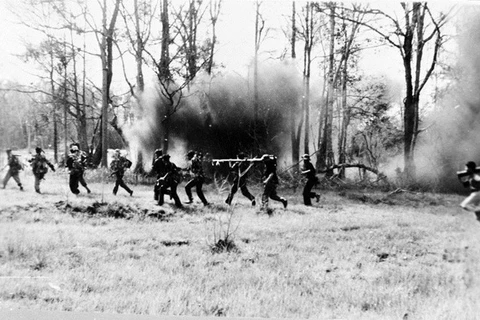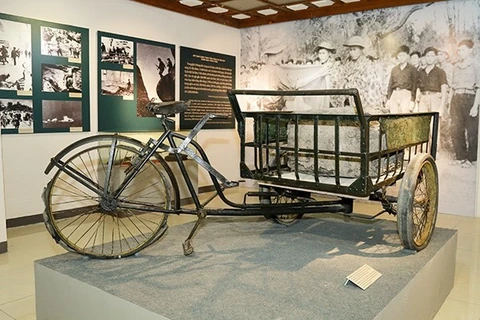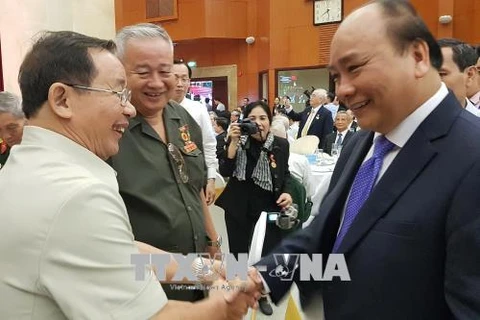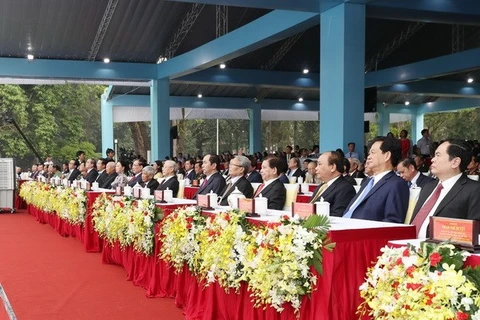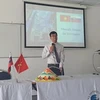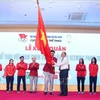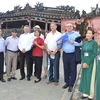HCM City (VNA) – The museum of Ho Chi Minh City on February 2 opened a thematic exhibition on the occasion of the 50th anniversary of the Tet Offensive and Uprising in the spring of 1968.
The event, which runs until June 15, introduces to the public more than 200 images, documents and objects closely connected with events and historic figures in the campaign.
The exhibits are arranged in three sections, starting with the preparation work for the Tet Offensive, then going with the development of the Offensive and concluding with the significance of the event.
Visitors can also find images of the support of international friends for Vietnam’s war for independence, such as photos of demonstrations in the Soviet Union protesting the war that the US launched in Vietnam, and meetings in Cuba expressing solidarity with Vietnamese people.
The Tet Offensive began in the early morning of January 31 in 1968 when liberation forces simultaneously launched attacks on bases of US troops and the US-backed southern government in cities such as Hue, Da Nang, Quy Nhon and Saigon, and hundreds of towns from Quang Tri to Ca Mau.
The offensive helped destroy huge amounts of facilities and logistics used by the US and the southern regime’s armies. The seven-month long campaign ended with tens of thousands of enemy troops dead, 600 strategic hamlets destroyed and 100 communes liberated with a population of 1.6 million people.
People in rural areas also took this opportunity to rise up against the US-backed government’s administration.
Sai Gon-Gia Dinh (now HCM City), the headquarters of the US-backed Southern regime, was a focus of the offensive.
The Tet Offensive marked a strategic turning point for the resistance war against the US and its allies. It caused the US a ‘sudden shock’, disrupting their strategic plan, shaking the White House, the Pentagon and all of the US and forced President Johnson to deescalate the war and agree to sign the historic Paris Peace Accord. The victory also helped lead to the liberation of southern Vietnam and national reunification in 1975.-VNA
VNA


